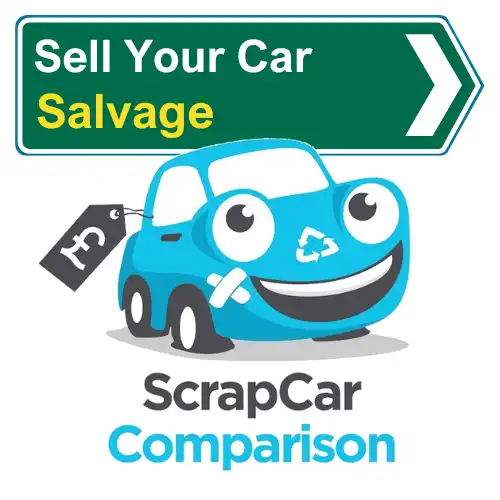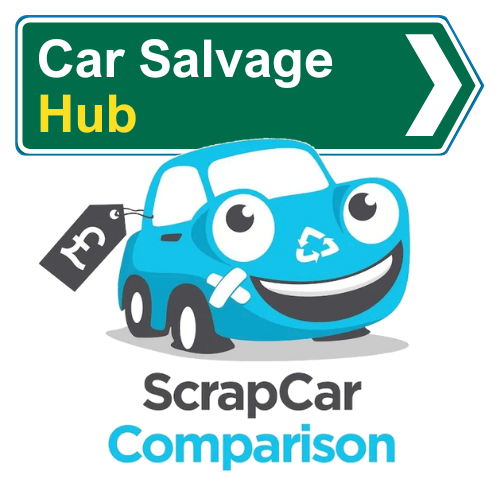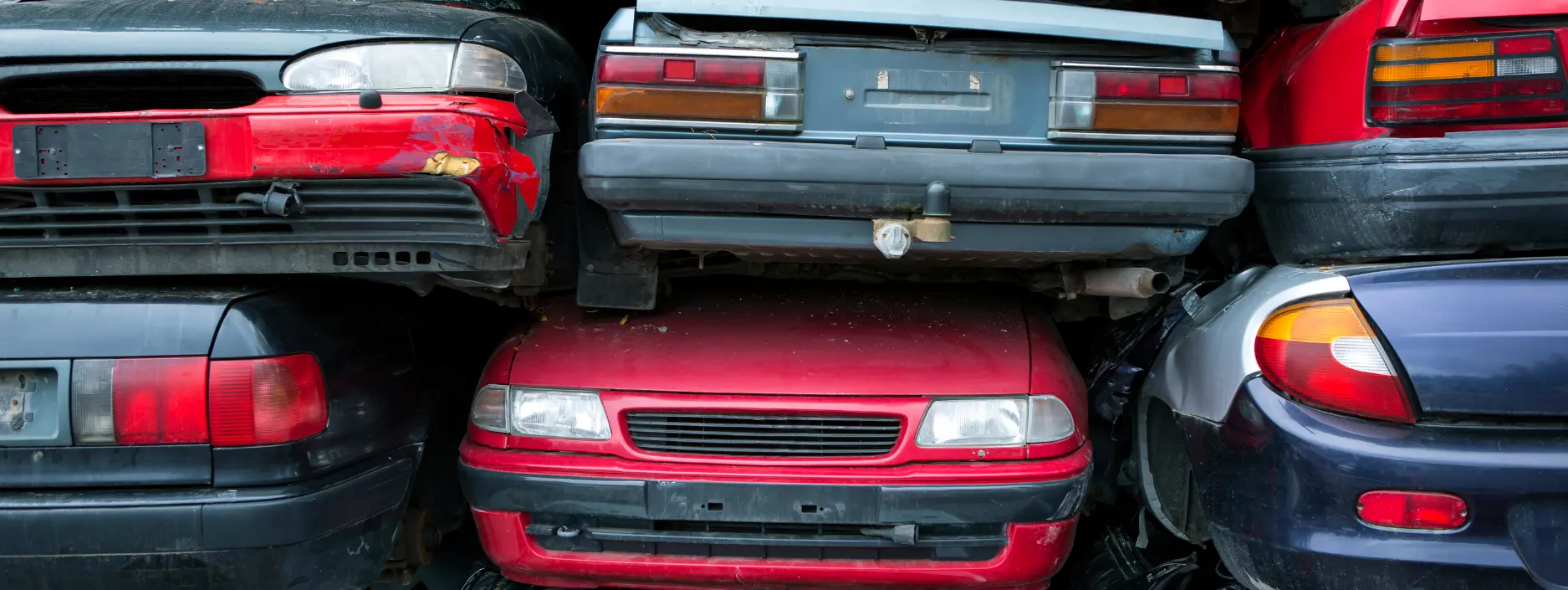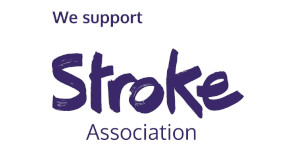When a car isn’t working correctly, it can produce some bizarre sounds, from nails-on-chalkboard grinding noises to panic-inducing hissing coming from a tyre. The source of each noise is usually identifiable, but revealing the cause is a whole different matter. Let’s talk about squeaking brakes, why your car might be suffering with them and how you stop those brakes from squeaking.

Why Are My Car Brakes Squeaking?
Cold, Wet Conditions
If your brakes squeak when it’s cold or raining, or perhaps even early in the morning when you first start driving and the car is covered in a layer of dew, then you might hear a squeaking sound coming from the brakes. This is, in most cases, not something to worry about.
Overloading
You might have packed your car to the rafters, weighing it down way more than you should and putting increased pressure on the brakes every time they need to slow the car’s mammoth momentum. Not only can this wear down your brakes faster than usual, the act of improperly packing your car can be dangerous.
Debris
On rare occasions, you might end up with debris from the road stuck between the brake pad and the calliper which will cause a nasty squealing noise. If it’s wedged in there for some time without working itself loose, damage to the brakes could occur.
Worn Down Brake Pads
The most obvious and most concerning source of squeaky brakes is a set of pads that have seen better days. If your brakes are making a squeaking sound and you’ve ruled out the alternatives, your brake pads have probably worn down to a point where they’re too thin and need to be replaced. This is, by design, a normal thing that happens every time the driver presses the brake pedal causing the calliper to connect with the pad. To put it simply, the squeaking you hear is metal touching metal in a way that it shouldn’t.
 Interested in learning more? Take a look at our related articles for more helpful guidance and expert tips.
Interested in learning more? Take a look at our related articles for more helpful guidance and expert tips.
Do Squeaky Car Brakes Mean They Need Replacing?
Although squeaking brakes are never ideal, the different causes should give you varying degrees of concern. In fact, some squeaks aren’t anything to worry about at all, while others indicate an urgent need to visit a mechanic.
If your brake pads have worn down then yes, they’ll need switching out for a new set as soon as possible. Similarly, if your dashboard warning lights are telling you that there’s a problem with your brakes, they might not end up being replaced, but should be looked at as soon as possible.
However, if the squeaking is down to any of the other reasons listed above, it’s unlikely that your brakes will require a major overhaul. That being said, brakes aren’t to be messed with. If they fail on you mid-drive, the consequences can be deadly. If in doubt, get a professional to give you their opinion.
How Do I Stop My Brakes From Squeaking?
We’ve already mentioned the obvious solution, which is to get a professional mechanic to repair or replace your brakes, but what else can you do if your current gear isn’t quite ready for the chop?
Brakes work through friction, rubbing two surfaces together and using friction to slow the vehicle down. Because of this, it’s important that the level of friction stays at the ideal level – there needs to be enough to stop the car, but too much metal-on-metal will grind your pads down and produce ludicrous amounts of heat. Therefore, an appropriate amount of lubrication should be applied, which might be all it takes to bring a halt to the awful squeaking noises you’re hearing.
Is It OK To Drive With Squeaky Brakes?
In some situations, like when your vehicle is new (or at least its brakes are) or if there’s been some rain recently, then driving with squeaky brakes shouldn’t cause you any problems. However, if you can’t pinpoint why your brakes are squeaking, or the noise continues for long periods of time, then you might be best advised to get them looked at by a technician and, in the meantime, keep the car or van off the road. As we said above, if in doubt, don’t risk it. Besides, you know what your car should sound like… prolonged squeaking isn’t normal.
Can You Spray WD40 On Brakes?
Earlier, we mentioned that the level of friction needs to sit within an optimal range in order for a car’s brakes to work properly and explained how they need to maintain enough sticking power to press the brake pad and slow the car down.
Well, using WD40 on car brakes is not recommended, because it’s actually known to lubricate the calliper and pad too much. If you’ve done this and plan to head out on a drive regardless of any advice against it, you’ll find that your brakes could feel less responsive and your braking distance, at least for the first few miles, is longer than usual. Take caution.
Why Are My Brakes Noisy After New Pads?
When you get a brand new car, you expect it to be squeaky clean and nothing else, so you might be surprised if you take it out for a spin and hear a high-pitched squeal coming from the brakes. Don’t be shocked – this is perfectly normal. New brake pads can be expected to squeak, as well as react more harshly than you’re used to, for around the first 100 miles of general, everyday driving. This is known as ‘bedding-in’.
What To Do If You Replace Brake Pads But They Still Squeak
If your brake pads have been replaced but they’re still squeaking, don’t forget about the bedding-in period. During this time, a bit of noise is totally normal and nothing to worry about.
However, if your brakes are still squealing every time you touch the pedal well beyond the bedding-in timeframe, you should consider returning to the garage that fitted them. Your new pads might be the wrong kind for your car, or they may have been fitted incorrectly.
Are brake problems the least of your worries when it comes to your worn out old car? Sell it with Scrap Car Comparison and you could have money in the bank in a matter of days! We compare the best prices from scrap buyers in your local area, and with a network of dealers stretching across the entire country, we’re even able to offer the collection of your car or van at no extra cost. Give our sales team a call on 03333 44 99 50 or use our scrap car price calculator to find out how much money you could make from your vehicle today.

Sell A Damaged Car As Salvage
An old or damaged car can still be valuable sold for spares and repairs – we can connect you with the right specialist buyer.
 Car Salvaging Knowledge Hub
Car Salvaging Knowledge Hub
Getting the most value out of a broken car involves finding a specialist buyer who can pay good prices for spares and repairs. Everything you need to know can be found here in our knowledge hub.

Value a salvage car
Determining the residual value of a salvage car is important whether buyig or selling. This guide walks you through everything to consider.
Scrapping VS salvaging a car
The roadworthiness of your car could make the difference between whether it’s destined for scrap or salvage, and of course the value…
Can A Salvage Title Car Be Insured?
Recently bought a salvage car and wondering whether you need to get insurance before you drive it? This guide explains all the details
What to do if you’ve written off your car
This guide walks you through everything you need to know after your car’s been totalled.

